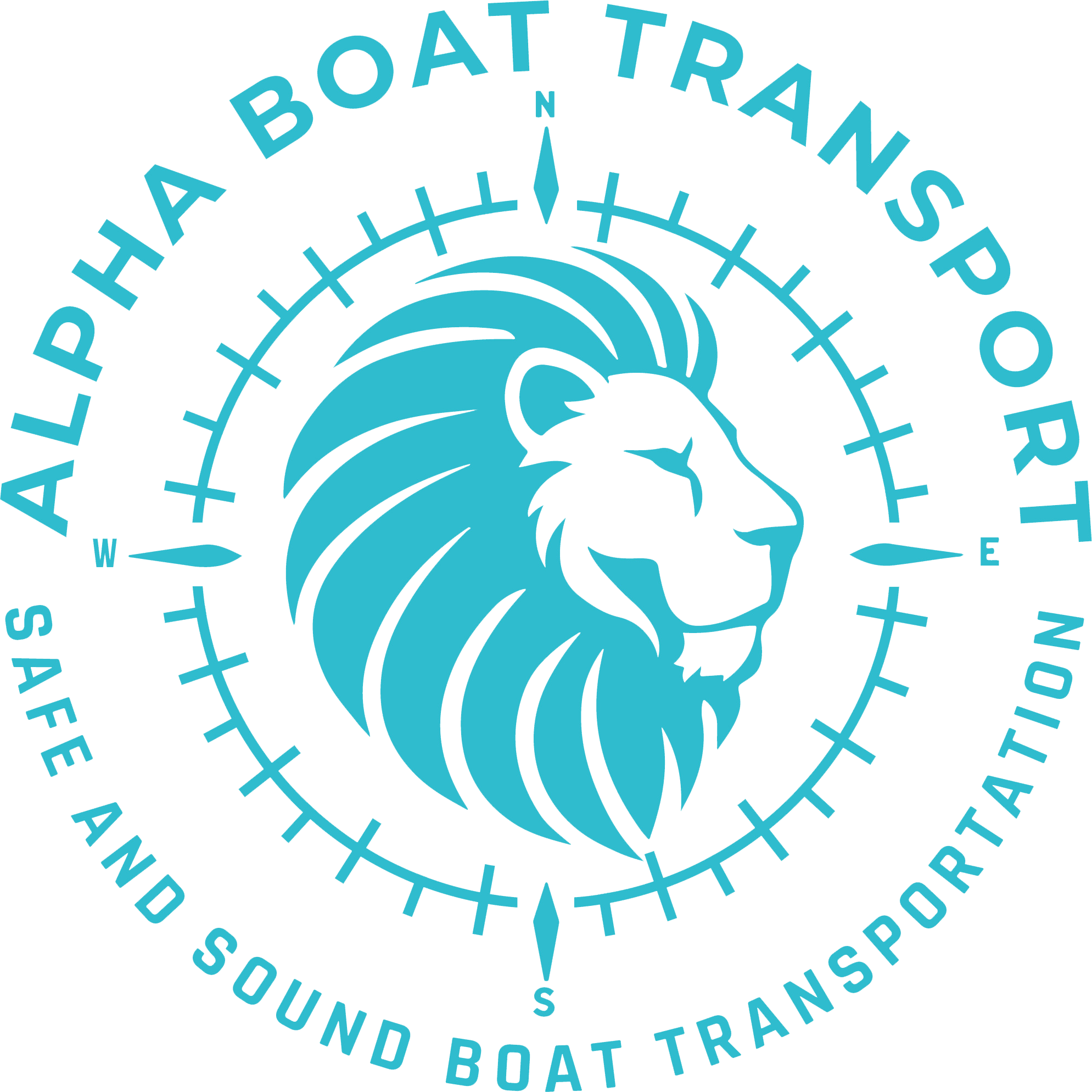FAQ
- Home
- |
- FAQ
Frequently Asked Questions
Top Questions for Someone Looking for Boat Shipping
1. What are the steps involved in preparing for boat shipping?
First, you'll want to clean your boat thoroughly. Remove any personal items and secure all loose gear. Make sure the boat ship is well-balanced on the trailer, and don't forget to drain fuel and water tanks. Lastly, check all the paperwork and ensure your boat shipping is insured for boat shipping.
2. How is the cost of boat shipping calculated?
Costs are typically based on the size and weight of your boat, the distance to be traveled, and any special requirements like permits or escort vehicles. Additional services like shrink-wrapping or storage might also add to the cost.
3. What permits are required for boat shipping?
Depending on the size of your boat and the route, you might need special permits for oversized loads. These permits ensure that your boat can safely travel on public roads. A good shipping company will handle all the necessary paperwork for you.
4. What should I do to secure my boat's equipment and belongings during shipping?
Secure all hatches and doors, and remove or tie down anything loose inside the boat. This includes electronics, fishing gear, and other equipment. It’s best to remove any valuable items and transport them separately if possible.
5. What are the common challenges faced during boat shipping?
Weather can be unpredictable, which sometimes causes delays. There can also be challenges with permits, especially for oversized boats. The key is to plan ahead and work with an experienced shipping company that can navigate these issues smoothly.
6. How do I ensure my boat meets all shipping regulations?
Your shipping company should be well-versed in all relevant regulations. Make sure they provide you with a checklist and guide you through each step to ensure compliance. This will help avoid any last-minute surprises.
7. What is the average time frame for boat shipping?
This depends on the distance and any potential delays like weather or permits. Generally, for a cross-country trip, you’re looking at about one to two weeks. Always discuss timelines upfront with your shipping company.
8. Can boats be shipped during all seasons, or are there restrictions?
Boats can be shipping year-round, but some seasons are more ideal than others. Spring and fall are typically the best times due to milder weather. Winter shipping can be challenging due to snow and ice, and summer can bring extreme heat and busy roads.
9. How do shipping companies handle oversized boats?
For oversized boats, special permits are required, and sometimes an escort vehicle is necessary. The shipping company will arrange for the proper equipment and ensure that all legal requirements are met for safe transit.
10. How do shipping companies handle oversized boats?
For oversized boats, special permits are required, and sometimes an escort vehicle is necessary. The shipping company will arrange for the proper equipment and ensure that all legal requirements are met for safe transit.
11. What is the process for international boat shipping?
International shipping involves additional paperwork, customs clearance, and possibly different permits. It’s a more complex process, so choose a company with experience in international shipping. They will guide you through the steps and handle the logistics.
12. What types of trailers and vehicles are used for boat shipping?
The type of trailer used depends on your boat’s size and weight. Common types include flatbed trailers, hydraulic trailers, and custom cradles for larger yachts. The transport company will match your boat with the right equipment to ensure a safe journey.
13. Are there specific weight limits for boats you can transport?
Knowing the weight limits can help ensure your boat can be transported safely and legally.
14. Do you provide door-to-door service, or will I need to drop off/pick up my boat at a specific location?
Knowing the logistics of pickup and delivery helps plan for a smooth transport experience.
15. Can you accommodate specific scheduling needs, such as flexible pickup or delivery dates?
This is crucial if your schedule requires flexibility around the transport dates.
16. Do you have experience shipping boats of my boat's specific type and size?
Experience with similar boats can indicate the company's capability to handle your specific shipping needs.
17. Are there any environmental considerations or restrictions during transport, such as fuel levels or hazardous materials?
Compliance with environmental regulations ensures safe and legal transport of your boat.

